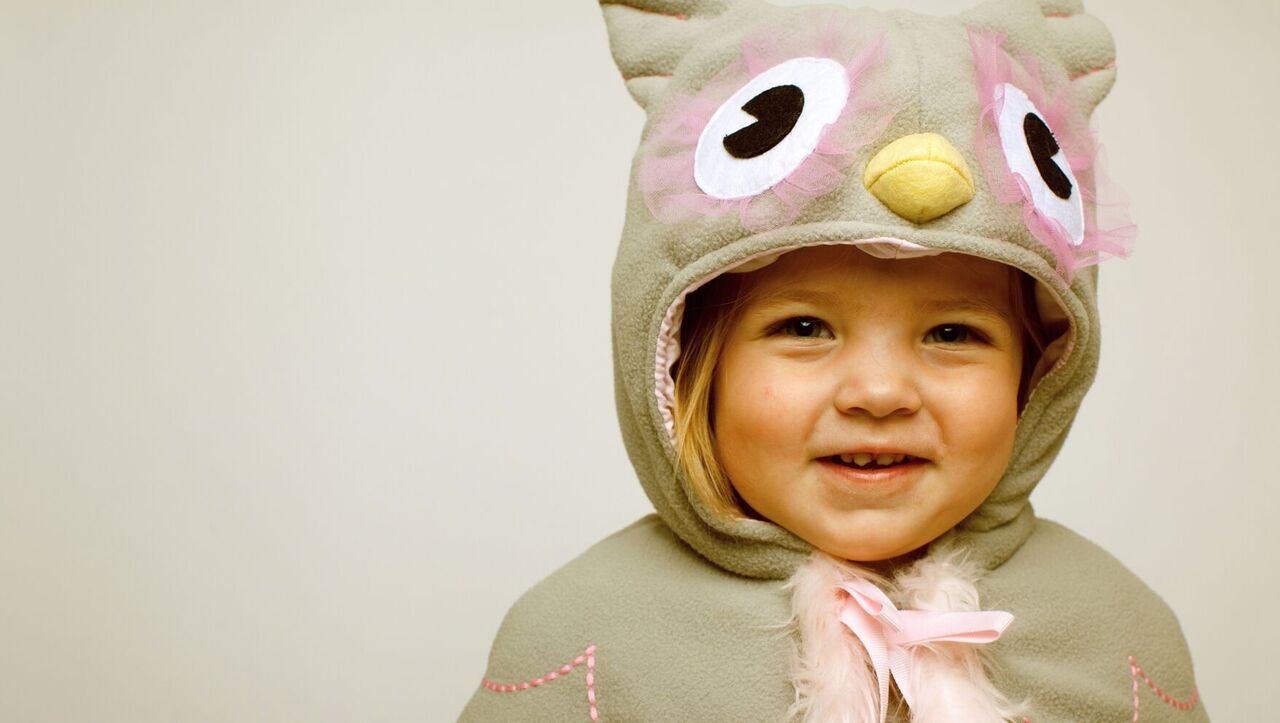How to Talk to Your Kids About Wisdom

My 7-year-old asks me at least once a week when she’ll be old enough to get her own phone. (She’s usually playing with mine when she asks, by the way.) This past weekend I told her she might be able to get one when she’s mature enough to handle it, and when she has a job with regular income to support the extra expense.
She wanted those stipulations broken down into language she could understand– or master and overcome more quickly. I thought now would be a good time to do a lesson about the wise old owl. The nursery rhyme and iconic symbol of wisdom serves as a fun way to introduce the topic to young ones.
It reads:
A wise old owl lived in an oak
The more he saw the less he spoke
The less he spoke the more he heard.
Why can’t we all be like that wise old bird?
I printed the poem and some coloring sheets of owls so she and her sister could color while I gave a quick lesson about wisdom.
Here are five talking points about wisdom you can share with your kids, too.
1. Listening is how we learn about wisdom.
Have you ever heard the saying that God gave us two ears so we’d listen twice as much as we speak? Perhaps that’s what the wise owl did. Listening and thinking before we speak can make us sound wise too.
2. The Bible is our source for words of wisdom.
The Bible has a lot to say about wisdom. In it we learn that God gives wisdom (Proverbs 2:6), that if we listen to instruction, which is teaching, we will become wise (Proverbs 19:20) and that if we ask the Lord for wisdom, He’s happy to give it to us (James 1:5).
3. Prayer is how we ask for wisdom.
Did you know the Bible tells us about the wisest man who ever lived? It was King Solomon. God told him he could ask Him for anything he wanted. You know what he asked him for? Wisdom, so he could be a better leader. He got it along with a bunch of other stuff too! Later in the Bible we read that we’re supposed to “seek God first” and we’ll be given everything else we need. So if we want wisdom, one way we can do that is to ask God for wisdom.
4. Age is how we experience wisdom.
Being older doesn’t necessarily mean you’re wiser. But mostly, people who are older are wiser than those who are younger. Do you know why that is? I think it’s because they’ve seen how fast life goes by. The Bible says in Psalm 90:12 that a heart of wisdom comes from “numbering our days,” which could mean understanding that our lives are short on earth, but that we’ll live forever in Heaven. Keeping that in mind helps us make better choices each day.
5. Love is how we apply wisdom.
Love is what Christians are supposed to do everything with. When we apply wisdom through love, it helps us think about how our actions affect others. So when we act with love, our relationships get better, our faith gets stronger and we get along better with others. Whenever we have a decision to make or a something to take care of, love helps us do it with confidence that we’re doing it the right way.
Then I broke it down even further, applying what we just talked about to the question of when my daughter can have a cell phone. I asked her, “What ways would wisdom help you take care of a phone?” Her eyes lit up, but the shoulders shrugged. She was eager to hear the answer. I reminded her that maturity and responsibility were the prerequisites and that those were characteristics of wisdom, which we had been talking about. So I quickly recapped what we learned.
Maturity and responsibility are two attributes of wisdom.
We get those through listening (to instruction & reading scripture), prayer (asking God for wisdom), age (experience) and love (thinking about how our actions affect others). Age doesn’t equal wisdom, but if we’ve used our time “wisely” by pursuing these things, we’ll be in good shape like that wise old owl. He didn’t even need a cell phone!
Cara Davis is a content consultant and co-founder of the soon-to-launch church’d.com. The former editorial director for Relevant Media Group, her writing has appeared in The Huffington Post and CNN, and she’s been quoted in USA Today and The New York Times. She lives with her husband and two girls in East Nashville where she has co-founded a nonprofit called Community PTO to support the success of local community schools.